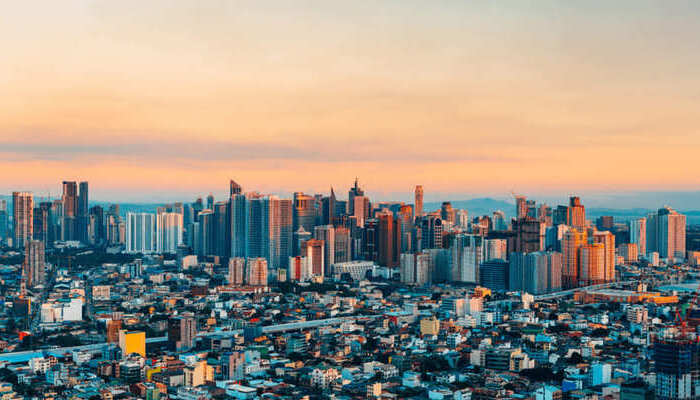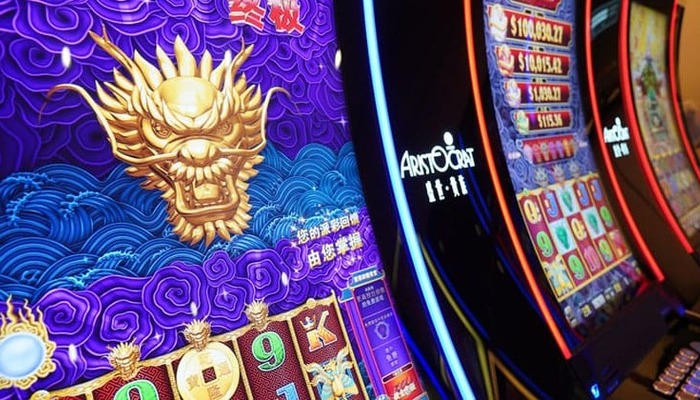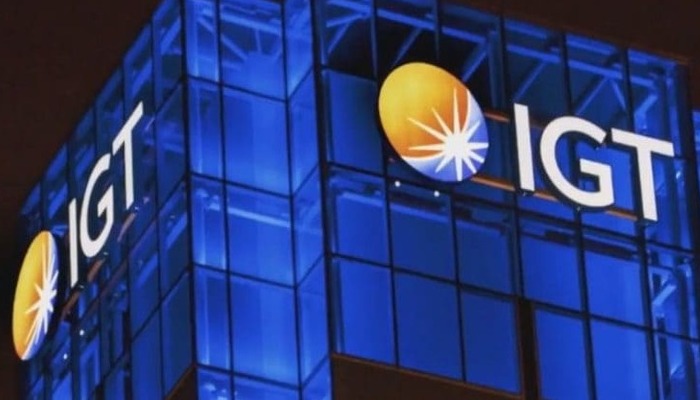
Office demands from POGOs still far from pre-pandemic levels
September 21, 2023 Philippines
Colliers International-Philippines, a property management consulting company, says that demand for office space from Philippine Offshore Gaming Operators (POGOs) has not yet returned to the level it was at before the pandemic.
In 2019, when POGO demand was at its highest, the sector took up about 1.3 million square meters of office space, which was 11% of all the office space in Metro Manila. But the COVID-19 pandemic and China’s crackdown on gaming caused some POGO owners to stop running their businesses, which meant that they had to give up their office spaces.
In a report by Asia Gaming Brief, it is stated that, as of the first half of 2023, only 656,000 square meters of office space in Metro Manila is being used by POGOs. This is about 5% of the total amount of office space. The Bay Area is home to half of these occupied spots.
During the first half of 2023, POGOs reported 55,000 square meters of office deals, most of which were in the Bay Area. This is a long way from the POGO deals that ruled the office market in 2019, with an average of 242,000 square meters of sales over a six-month period.
POGOs like business buildings that can be used 24 hours a day, 7 days a week, have a density ratio of 6, have a restaurant on site, and have big floor plates. They also need places that can fit a lot of rooms and walls, which makes them more likely to work with landlords who allow this kind of plan.
POGOs like to be in the Bay Area in Paranaque and Pasay because it is close to NAIA, seaports, and places to live. Local government units (LGUs) in these places can also give Letters of No Objection (LONOs) for POGO operations. This means that these areas are open to overseas gaming operations.
The study team at Colliers International-Philippines thinks that the large number of office spaces that POGOs left empty during the pandemic won’t be back to normal until 2025. The future of the overseas betting business is still unclear because it depends on how government rules change.
The Chinese government still doesn’t like gaming, but the Philippine government’s general attitude isn’t clear because some problems haven’t been fixed yet. Some local government units (LGUs) and lawmakers have spoken out against POGOs, citing social costs as a major worry. PAGCOR, on the other hand, is still in favor of letting overseas gaming operations happen in order to boost the country’s economy and make up for lost income due to the pandemic.
Original story by: Asia Gaming Brief
Other Interesting Articles
 Maria Ozawa to deal for Oriental Game in October
Maria Ozawa to deal for Oriental Game in OctoberSep 20, 2023











